I have seen the future, and it’s dark…
It’s 2018. Little Timmy Carbuncle and Jeremiah Hangnail exit the cinema, fleshly bedazzled by the lurid colours of Spider-man 7, in which our favourite webslinger battles a symbiote-possessed Aunt May.
“That was proper rad,” says little Timmy Carbuncle. “I can’t believe we have to wait three more years until the eighth movie. If only there were some way we could inject more Spider-man into our tiny, unfulfilled lives.”
“Well, Spider-man is apparently based on something called a comic book,” Jeremiah Hangnail informs him. “They used to be quite popular once, with shops that would specialise in these action-packed pamphlets alone. According to legend, there were thousands of Spider-man comics, telling adventures far grander than cinema audiences could possibly comprehend.”
Now this piques little Timmy in a way like never before. He decides to venture forth and find these intriguing paper-based adventures. Three months later, he’s amounted a modest collection of Spider-man comics – everything post-sixties is now considered valueless by the medium’s few surviving collectors – and he loves them. But what Timmy Carbuncle is unable to understand is why the comic industry collapsed as swiftly as it did. Spider-man 7 broke box office records, and Heroes: The Next Generation is the most popular show in America.
“There was no need for them anymore,” Hangnail explains, while they wait to see Star Trek XII: Kirk’s Kindergarten Years. “People loved the ideal of the comic book, but had no desire to read one.”
“Why would we?” an intrusive queue-jumper adds. “If I want superheroes, I’ll go to the cinema.”
2028. A decade later, and the words of that repugnant queue-jumper still ricochet through Timmy Carbuncle’s diaphragm. You see, after 2021’s Spider-man 8, there were no more Spidey movies. Likewise the Batman, Superman and X-Men franchises. The material had run dry, the source material mined as far as artistically possible. The superhero movie was dead.
Baffled by the death of the capes n’ tights genre, Hollywood scratches its head and moves on, initiating a trend in operatic westerns. The comic adaptation is resuscitated several times, but finds little monetary success. Having lived childhoods devoid of comic books, the youth demographic lacks the nostalgic affection for gaudy spandex and dastardly villains. To them, it’s all a bit silly.
2038. An older, embittered Timmy Carbuncle takes his two sons to the Museum of Sequential Art. “What are these things?” Sprat Carbuncle asks, spitting choco-chunks across a copy of Squadron Supreme #1. “They don’t move, light up, or say anything.”
“These are what children once looked at for fun,” Timmy sighs, “or so I’m told.”
The year is 2039. Like a bitter conservationist retrospectively pondering the extinction of a rare species, Jimmy Carbuncle compiles a list of things that could have prevented the death of the comic book. Oh, if only they’d listened!
NOTE: For reasons unknown, Carbuncle composed this list in the present tense, imaging it from the fictitious perspective of concerned 2007 everyman Jack Spritt Jr.
1. Make trade paperbacks accessible
Jack Spritt Jr passes the graphic novel section of his library and picks up a Superman book. Twelve pages in, and he has no idea what its happening. Closer inspection reveals it to be the fifth in a larger series. Baffled, he looks for an indication, a series title perhaps, or a number on the spine. No such luck.
Image does a fine job with its recent graphic novels; titles such as Invincible and The Walking Dead have separate colour schemes and layouts, distinctive spine designs, and are clearly labelled. Marvel and DC (Vertigo excluded) do quite the opposite. The British printing of teen super-soap Runaways makes no suggestion whatsoever of its serial nature. A potential young fan (supposedly the book’s prime market) will pick up volume two by accident, have no idea what is happening, and move on.
2. Info in each book
It never ceases to amaze Jack Spritt Jr how few publishers bother to print a synopsis or character list at the beginning of each trade paperback, or even monthly comic. One page of relevant information is all it takes for him to enter the action clued-up and confident. A list of related readings would also help Jack know what to read next.
3. Less is more
Make no mistake, every comic buyer is, in their heart a completist. Jack Spritt Jr is no exception; he yearns for a collection of complete runs only. So imagine what it must be like for poor Jack as he marches into his local comic store intent on collecting Spider-man, only to discover there is not one monthly book but five. Overwhelmed, he flees the store, dripping his lemon sorbet across a stack of Elfquest back issues. To this day, the incident haunts him.
“One title per character, per month. Create new franchises rather then milk old ones,” Jack screams sporadically at the night sky. At least DC listens to fans; Marvel is content to cancel every new title before it reaches double figures. The major sellers have become the literary equivalent of Reality TV; sloppy, disposable productions churned out regularly but devoid of artistic merit.
4. Timing is everything
With the exception of the Ultimate universe, there is little effort from “the big two” to capitalise on their franchises’ cinematic success. Record stores should be encouraged to place relevant trade paperbacks beside the DVD releases; today’s kids do want to read, they just don’t know it. The Sin City books sold well following the film’s success because they were within their own accessible universe, and the miniature reprints made Jack Spritt Jr’s heart tighten ecstatically like a clenched fist.
5. The simple life
The Ultimate Marvel universe was a brilliant idea, executed at precisely the right time. Five years later and the imprint, once a simple but efficient contemporisation of Jack’s favourite books, has become as convoluted and inaccessible as its regular counterpart. And with Batmania back in fashion, what have DC done to pique interest in their franchise? Nothing. Grant Morrison’s All Star Superman is godly, but is still no substitute for a simpler, more approachable Superman tale for all ages which could be widely distributed in trade paperback format.
6. Shrink the Big Events
As much as we nerdlings like to whine about Civil War and 52, the comic industry would be a far smaller place without the annual Big Event. Jack’s only beef with them is the overabundance of tie-ins that must infect the arcs of every other book. JM Straczynski is a great writer, but his work on Spider-man is hindered by a need to integrate the webslinger into each month’s big thing.
Not only do these tie-ins ultimately dissuade buyers, they ruin the trade paperback resale value. Suddenly, the nine volume epic our undeterred Jack Spritt Jr has accumulated baffles him; apparently he should have read five other GNs before commencing volume eight.
7. Don’t rely on collectors
No more variant covers, though the Director’s Cut reprints are a great idea. Aspiring comic author Jack Spritt Jr thinks script extracts are a great idea, but should be printed to separate books.
8. Less celebrity writers, more good writers
Every big creative name in Hollywood seems to be writing comics now. Granted, Kevin Smith, Joss Whedon and J.M. Straczynski would obviously produce something special. But John Woo? Guy Richie? Richard Donner? Woo’s Seven Brothers is clearly the work of Garth Ennis, Richie’s Gamekeeper is uninspired, and Donner’s Superman is a poor substitute for Brubaker’s.
Of course, new and unknown talent isn’t going to bring in the same level of attention… at first. Gaiman, Moore, Ennis and Ellis all had to start somewhere. When the celebrity trend has fizzled out, the comic industry will suffer from a dearth of new talent, and young scribe Jack Spritt Jr will be malnourished from years of redundancy.
9. Daniel Clowes good, Mighty Avengers bad
An escalating level of elitism from the fan community threatens to engulf the industry. Many times has Jack Spritt Jr seen a blameless, loving parent dismantled by his local comic vendor for asking where the Sonic the Hedgehog comics are. As loyal supporters of the genre, Jack believes we should encourage sales of all comic books, regardless of their target demographic.
Jack Spritt Jr may only read Mighty Avengers and Dragonball right now, but give him time, one day he’ll encounter Watchmen. Then his adventures will really begin…
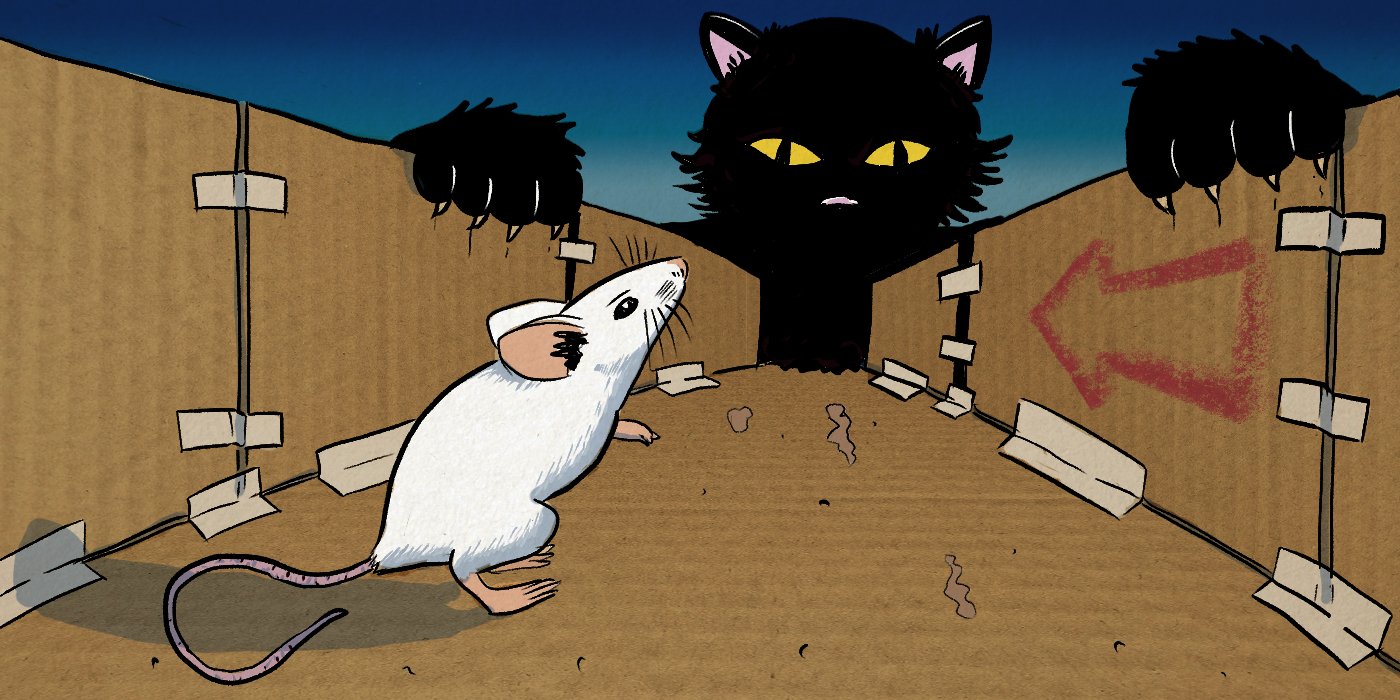
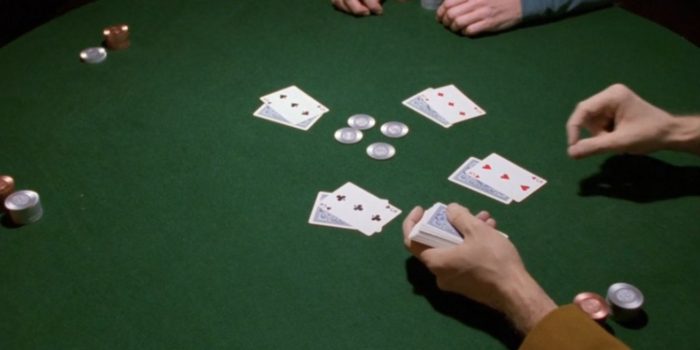

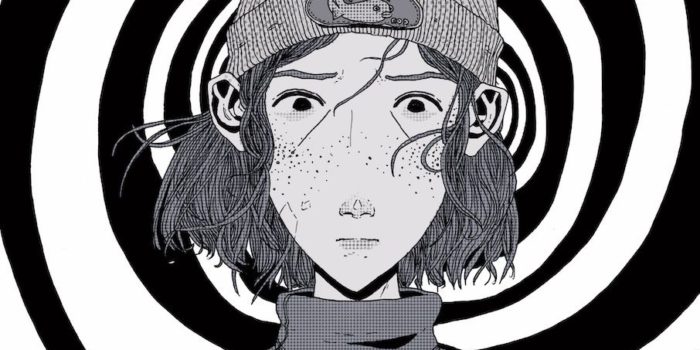
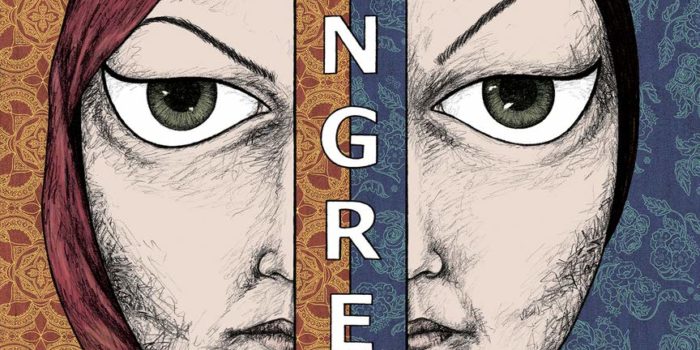
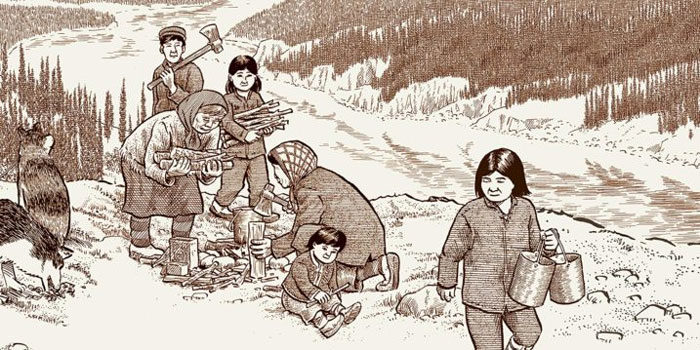
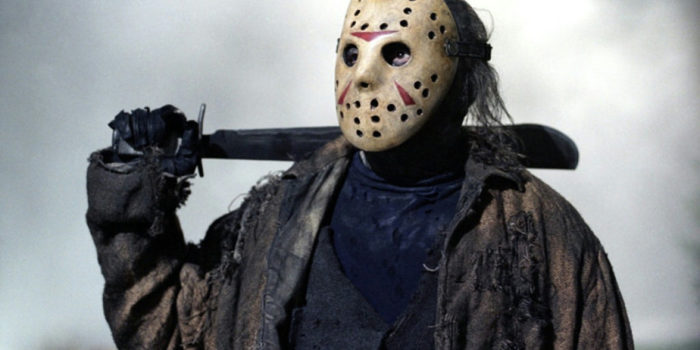

Leave a Reply